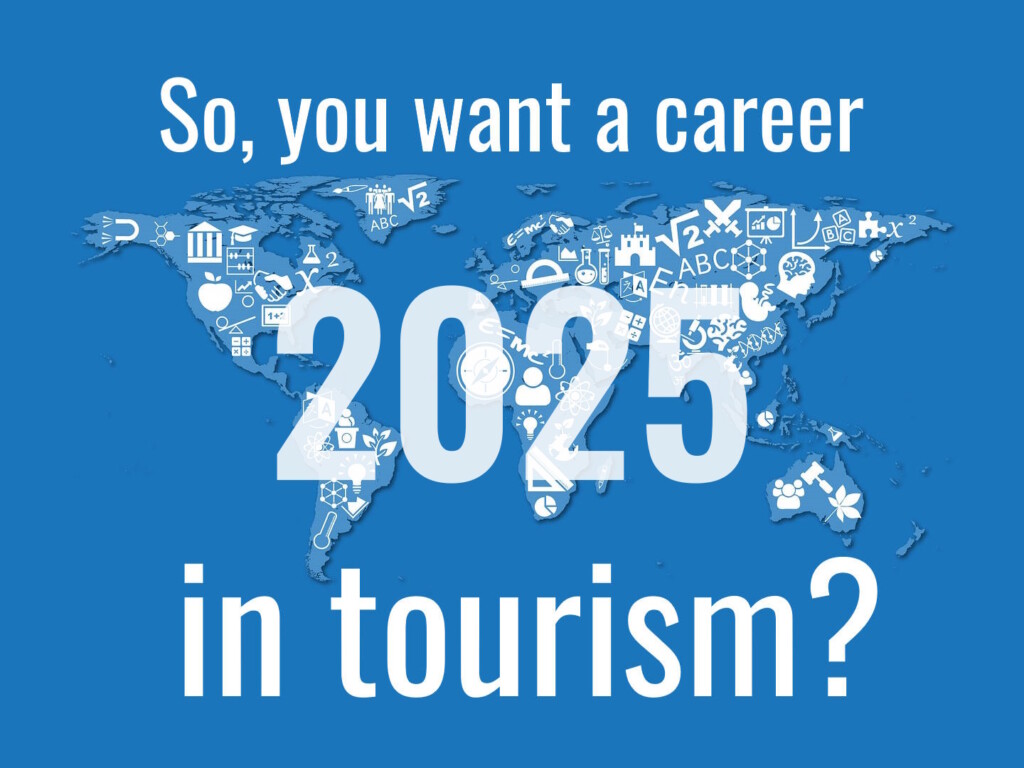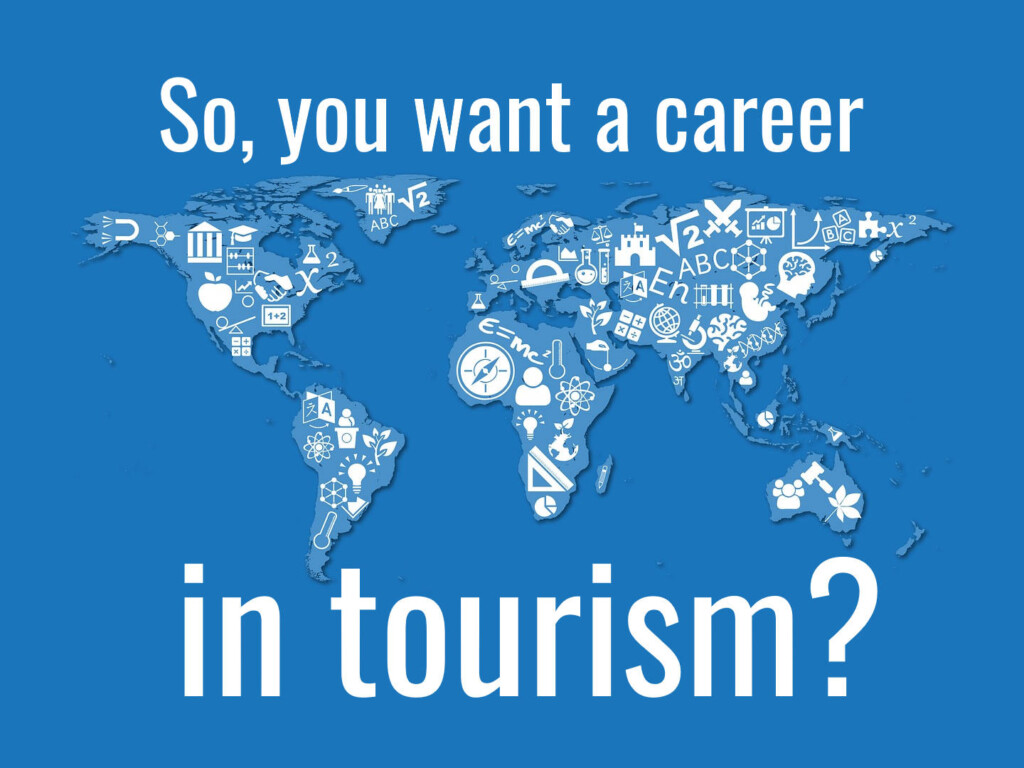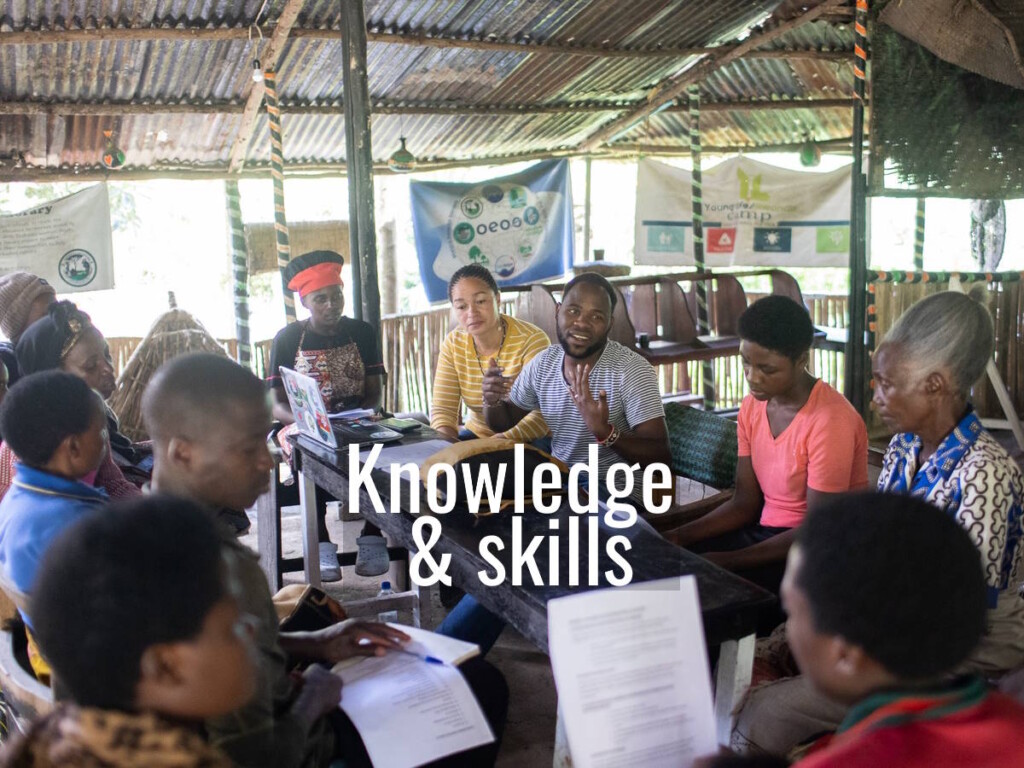HR and human capital development
Scroll down for posts that have been tagged with “HR and human capital development” as it relates to travel & tourism.
Human resource management (HRM) and human capital development (HCD) are two closely related concepts in organisational management. However, there are some key differences between the two.
HRM is primarily concerned with the administrative and transactional aspects of managing employees, including recruitment, selection, training, compensation, and performance management. It is a reactive approach to managing employees, focused on responding to the needs of the organisation and ensuring compliance with labor laws and regulations. The goal of HRM is to maximise the productivity and efficiency of the workforce.
HCD, on the other hand, is a strategic approach to developing and investing in the skills, knowledge, and abilities of employees, with the aim of enhancing organisational performance and achieving long-term success. It is a proactive approach that focuses on creating a learning culture within the organisation, providing opportunities for ongoing development and training, and recognising and rewarding employees for their contributions. The goal of HCD is to build a highly skilled and motivated workforce that is equipped to meet the challenges of the future.
In the context of the travel & tourism industry, HRM and HCD play a vital role in enhancing the performance and competitiveness of businesses. However, the tourism industry is highly dynamic and constantly evolving. Therefore, HCD is critical in enabling businesses to develop and adapt to changing trends and customer needs.
Research suggests that HCD can also have a positive impact on employee engagement, job satisfaction, and overall performance (Jain & Gupta, 2018). A study by Okumus, Altinay, and Roper (2018) found that HCD practices such as training and development, knowledge sharing, and mentoring were positively associated with employee retention and organisational performance in the hospitality industry.
In summary, HRM and HCD are both essential for the success of businesses in the travel & tourism industry. By combining effective HRM practices with a focus on developing the human capital of the organisation, businesses can gain a competitive advantage and achieve sustainable growth.
References:
- Armstrong, M., & Taylor, S. (2014). Armstrong’s handbook of human resource management practice. Kogan Page Publishers.
- Becker, B., & Huselid, M. A. (2006). Strategic human resources management: Where do we go from here?. Journal of Management, 32(6), 898 – 925.
- Jain, R., & Gupta, M. (2018). Human capital development and performance: A study of the Indian hospitality sector. Journal of Human Resources in Hospitality & Tourism, 17(4), 406 – 429.
- Okumus, F., Altinay, L., & Roper, A. (2018). The role of human resource management and human capital in the success of hotels: A multidimensional approach. International Journal of Hospitality Management, 71, 41 – 50.
Tags are informal; an afterthought to content creation. The “Good Tourism” Blog never gets bogged down with tagging accuracy or consistency. Feel free to comment on any post you think has been incorrectly or insufficiently tagged. “GT” encourages good-faith debate and discussion and appreciates helpful feedback.






